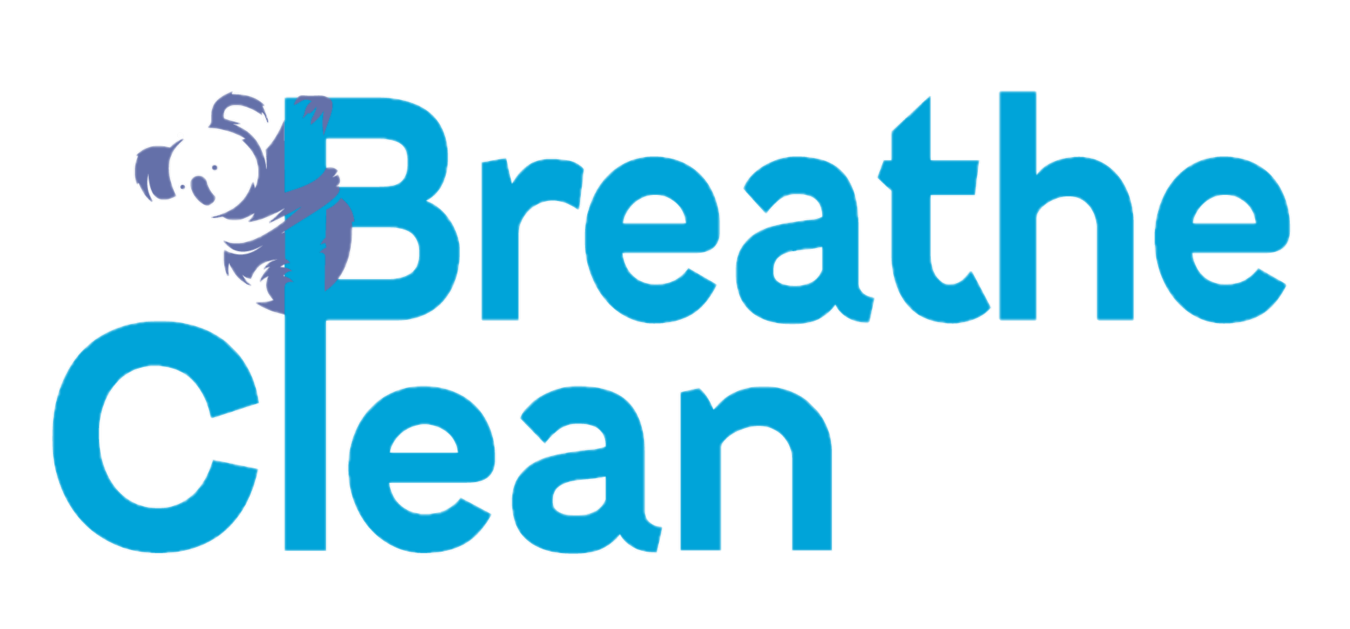
In our daily lives, we often hear terms like “air quality” and “air pollution,” but do we really understand the distinction between the two? As we navigate a world increasingly conscious of environmental concerns, it’s crucial to grasp the nuances that make a significant impact on our health and well-being.
Air quality refers to the overall condition of the air we breathe, encompassing various factors that contribute to its cleanliness. It takes into account the presence of pollutants, gases, and particulate matter in the atmosphere. Factors influencing air quality include weather conditions, geographical features, and human activities. Monitoring air quality is essential for assessing how safe the air is for humans, animals, and the environment.
On the flip side, air pollution is a specific aspect of air quality that points to the presence of harmful substances or pollutants in the air at levels that can be detrimental to health. These pollutants can originate from both natural sources, such as wildfires and volcanic eruptions, and human activities like industrial processes, transportation, and burning of fossil fuels. Common air pollutants include particulate matter (PM), nitrogen dioxide (NO2), sulfur dioxide (SO2), carbon monoxide (CO), and ozone (O3). Prolonged exposure to air pollution can lead to a range of health issues, including respiratory problems, cardiovascular diseases, and even adverse effects on the nervous system.
One key distinction between air quality and air pollution lies in the comprehensiveness of the former and the specific presence of harmful elements in the latter. Air quality is a broader term that considers the overall composition of the air, while air pollution focuses on identifying and mitigating the sources of harmful substances.
As we become increasingly aware of the importance of clean air, it’s heartening to know that solutions are within reach. In the tri-state area, encompassing Delaware, New Jersey, and Pennsylvania, Breathe Clean is making strides in ensuring the well-being of residents. Breathe Clean specializes in testing indoor air quality, a crucial aspect often overlooked in the quest for a healthier living environment.
The indoor air we breathe at home can significantly impact our health, considering the amount of time we spend indoors. Breathe Clean’s services go beyond just identifying pollutants; they provide actionable insights and solutions to improve indoor air quality. With a friendly and professional approach, Breathe Clean aims to empower residents of the tri-state area to take control of their living spaces and breathe cleaner, healthier air.
In the pursuit of a healthier and more sustainable future, it’s essential to understand the difference between air quality and air pollution. Armed with this knowledge, we can make informed choices to protect our well-being and that of our environment. If you’re in the tristate area and curious about the air you breathe indoors, consider reaching out to Breathe Clean. Your home should be a sanctuary, and ensuring good indoor air quality is a step towards making it just that – a breath of fresh air.

